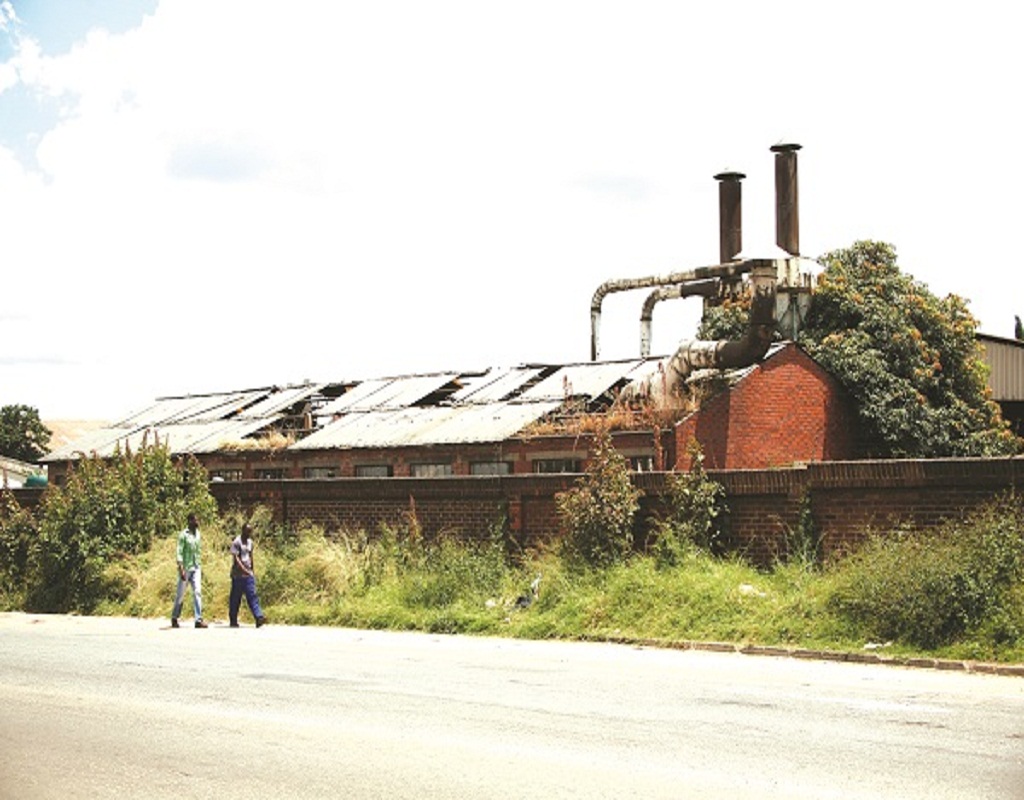The Bureau for Public Enterprise has disclosed that many companies privatised by the agency are still not performing till date. The Director of the agency Alex Okoh revealed this while receiving some lawmakers who were on oversight to the agency.
Rolling out the figures, Okoh said the agency has privatised 142 enterprises since inception in 2004 with 37 percent of them (52) are still moribund.
Companies in Nigeria have had it rough in recent times due to a very high cost of doing business in the country triggered by poor infrastructure coupled with growing inflation rate these have led to many private or privatised public enterprises having to either closed down or relocate to neighbouring countries.
Also recently, many Nigerian companies have suffered from the oil-price crash which has triggered economic contraction and sent firms revenue plunging. Soaring Inflation rate have also reduced consumers’ purchasing power and the central bank’s tightening of capital controls led to a shortage of dollars, which companies need to pay for imported equipment and service foreign-currency loans. The Naira lost more than half its value against the dollar in that period.
It be would be recalled that one of the companies privatised by BPE, Daily Times of Nigeria was recently taken over by AMCON due to the indebtedness of the company that purchased the foremost newspaper outfit.
Also, the sale of Nigerian Telecommunications NITEL to Natcom in April 2015 to the tune of $252 million has not yielded any positive results.
The Nigerian Government recently agreed to an out-of-court settlement with Rusal Plc over the sale of the Aluminium Smelter Co. of Nigeria, ALSCON, in Ikot Abasi, Akwa-Ibom State thus ending a decade long ownership dispute over the company. Sadly, the smelter company has been idle since 2012.
With the population of youths seeking for jobs growing daily, a creative out-of-the-box solution would be useful for addressing the numerous challenges facing the privatisation and commercialisation programme such as non-performance by some privatised enterprises and post-privatisation challenges facing some of the privatised enterprises.
There should be a performance metrics to measure the performance of these privatised firms with a view to reassign some non performing companies to willing investors to revive these companies and create employment for our youths.
